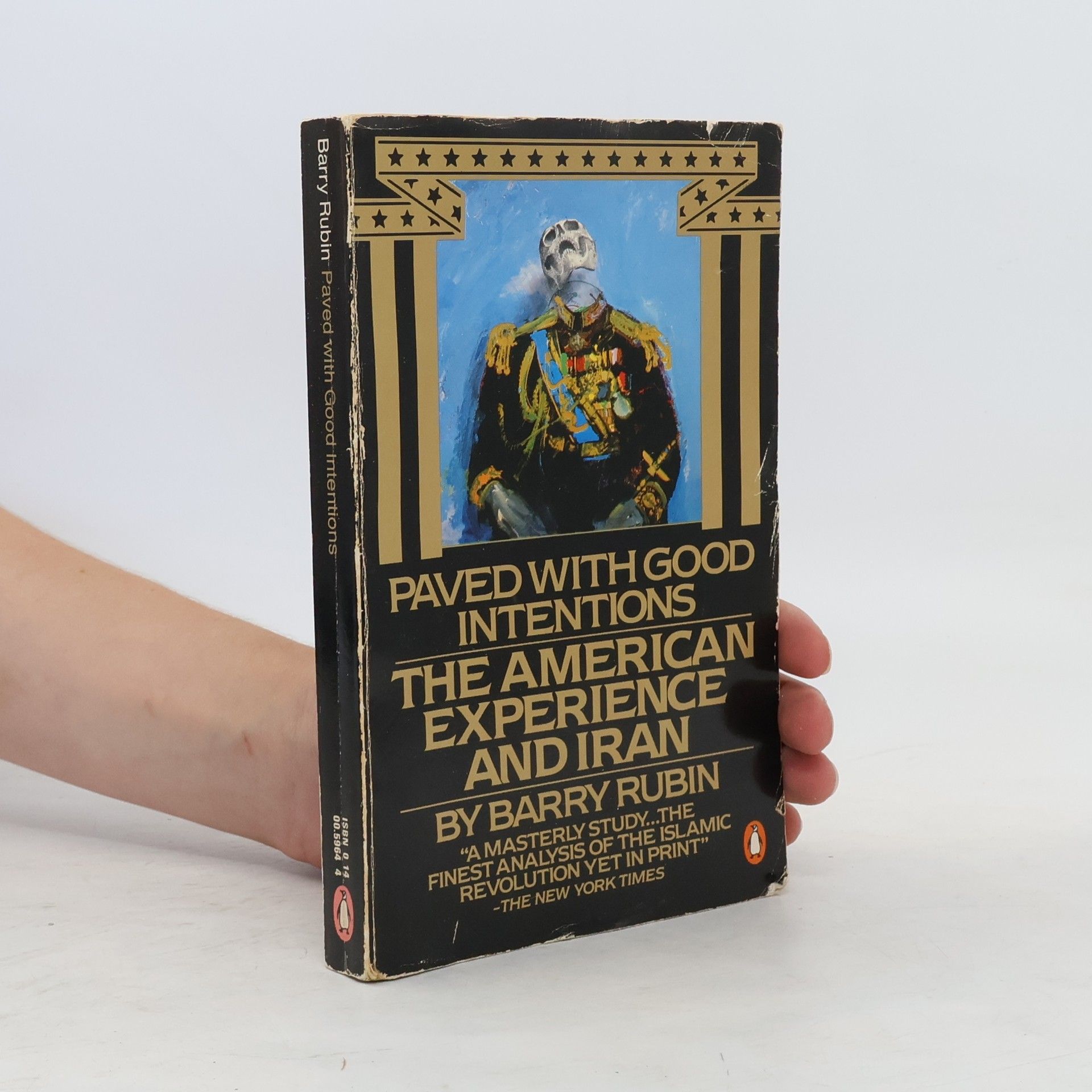Paved with Good Intentions
The American Experience and Iran
Barry Rubin was an American-born Israeli expert on terrorism and Middle Eastern affairs. His work focused on the analysis of international relations and the threats of terrorism. He served as the director of the Global Research in International Affairs (GLORIA) Center and as the editor-in-chief of the Middle East Review of International Affairs (MERIA). He was also a professor at the Interdisciplinary Center (IDC) in Herzliya, Israel, and the editor of the journal 'Turkish Studies'.

The American Experience and Iran